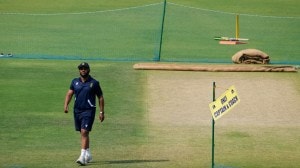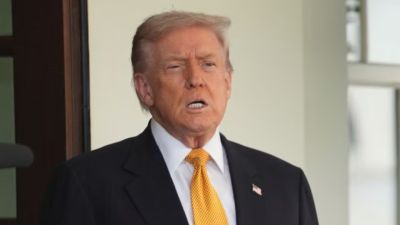Stay updated with the latest - Click here to follow us on Instagram
Jal Board green signal for 30 structures with water-harvesting facilities
In view of water problems faced by the city,the Delhi Jal Board has,until now,given clearance to 30 structures that have water-harvesting systems and are,therefore,capable of water conservation.
In view of water problems faced by the city,the Delhi Jal Board (DJB) has,until now,given clearance to 30 structures that have water-harvesting systems and are,therefore,capable of water conservation. Over a year ago,the citys water utility had taken cognizance of a High Court order in 2000 and mandated that upcoming commercial establishments should be equipped with water recycling units.
All big establishments use groundwater for cooling units as well as watering the lawns in their premises. They have either legal or illegal bore wells,and use treated water in their toilets. If these establishments start recycling their sewerage or use dual pipeline systems,as is mandated by the DJB for any new building plan,we will be able conserve groundwater and subsist on treated water, DJB chief executive officer Ramesh Negi said.
Fighting perennial water shortage and finding itself unable to provide adequate water to big establishments such as hotels and hospitals,the DJB had cut its supply to half in 2009. At the same time,it urged such establishments to supplement their needs through their own recycling and waste-management systems.
In the absence of comprehensive water recycling methods,potable water continues to be used for horticultural and cleaning purposes in a city that sees a daily demand of 1,100 million gallons per day (MGD). The DJB is equipped to supply not more than 850 MGD of water.
In 2000,a High Court order,followed by a notification by the Union Ministry of Urban Development (MoUD),had made it mandatory for all buildings with a discharge of more than 10,000 litres of water per day to recycle water for non-potable purposes. But little was done all these years,with almost negligible adherence to regulation and lack of enforcement.
All commercial and institutional establishments have to get the water supply scheme approved by the DJB,and water supply is sanctioned only after the facility is inspected by the team. Since the announcement of the policy in September 2009,we have issued sanctions to 30 establishments,which include DDA shopping complexes,shopping malls,schools and other establishments that consume over 12 kl water per month, Negi said.
To step up recycling of sewage water and its usage for non-potable purposes,the DJB will open a tertiary water treatment plant at Okhla,with a capacity of 10 million litres a day,by the end of this year. We are pulling a pipeline from the Okhla plant to the DTC bus depots at Khanpur and Okhla. Besides being used for washing DTC buses,the treated water will also be sold to the construction industry, Negi said.
The commercial and institutional establishments that have been sanctioned water schemes by the DJB include upcoming district centres and community centres of the Delhi Development Authority.







